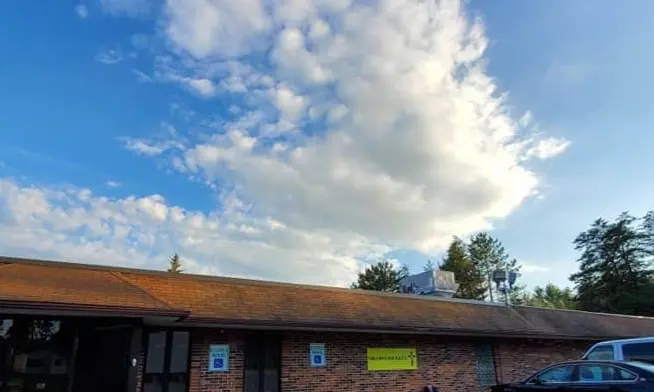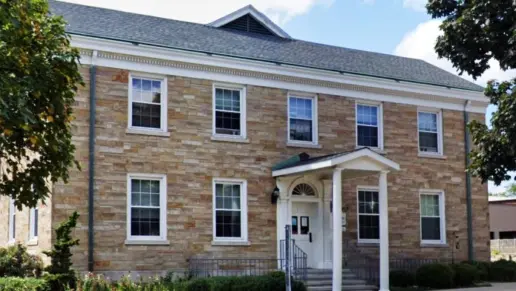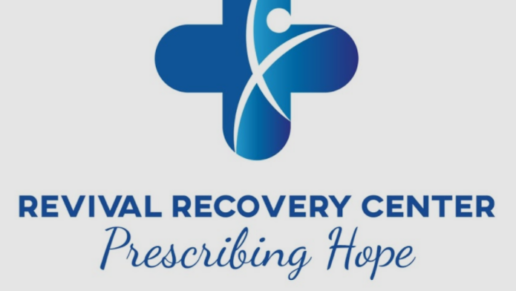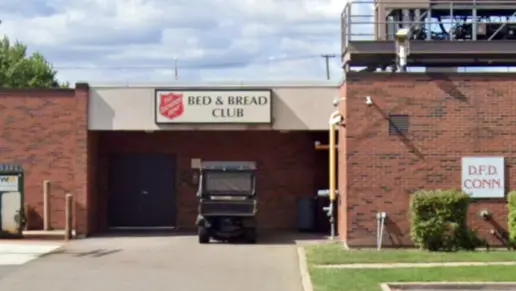Changed my life forever I will be eternally grateful for this place . I love it so much I decided to be a part of the ministry and give back to those who were desperate just like I was . If your broken and ready for change and ready for a relationship with Jesus this is the ...
About Mission Teens – The Lion’s Den MBTC
The Lion’s Den Mission Bible Training Center is also known as the MBTC. This facility is located in Roscommon, Michigan, an dis part of a Christian organization called Mission Teens. They’re a faith based program that helps adults recover from life controlling problems, including drug and alcohol addiction. One thing I want to mention is that this program is run by a pastor and previous members. There aren’t any licensed addiction treatment professionals on staff.
Here, you can find housing, leadership training, life skills training, and a safe, drug free environment for your recovery There is no charge to participate in the program because they’re funded from private donations made by local churches.
The residential program involves a four phase process of Christian discipleship training. Each session lasts two to four months, and you’ll have more and more responsibilities as you move from one stage to the next.
The first phase is mostly the induction period. During this time, you won’t have to worry about too many duties except following the rules and beginning a Bible study. In the next two stages, you’ll help out with general household duties. You’ll also get to have phone calls and visits with your family members or spiritual counselors. The final phase involves counselor training, where you’ll take what you’ve learned so far and use it to help others who are just starting the program. During this time, you’ll counsel one new resident a day and report on their progress to the senior staff.
When you complete the program, you might get an offer to stay on for another 10 to 12 months of training and become a permanent staff member.
One person who’s gone through this program before credits it for showing them that true recovery is possible. They say they’ve been healed from their addictions and now work at their local training center. Another person says the program helped restore their relationships with their family members and showed them a new level of peace.
Latest Reviews
Location
Location
Accepted Insurance
Other Forms of Payment
Self-pay involves paying for treatment out of your own pocket. You can use savings or credit, get a personal loan, or receive help from family and friends to fund your treatment. If you don't have insurance or your insurance plan doesn't cover a specific program, self-pay can help ensure you still get the care you need.
Sliding scale payments are based on a client's income and family size. The goal is to make treatment affordable to everyone. By taking these factors into account, addiction recovery care providers help ensure that your treatment does not become a financial burden to you or your family, eliminating one barrier to care.
Medicaid is a state based program that helps lower-income individuals and families pay for healthcare. Medicaid covers addiction treatment so those enrolled can use their coverage to pay for rehab. When a program accepts Medicaid the client often pays very little or nothing out of their own pocket.
Medicare is a federal program that provides health insurance for those 65 and older. It also serves people under 65 with chronic and disabling health challenges. To use Medicare for addiction treatment you need to find a program that accepts Medicare and is in network with your plan. Out of pocket costs and preauthorization requirements vary, so always check with your provider.
Addiction Treatments
Levels of Care
Treatments
The goal of treatment for alcoholism is abstinence. Those with poor social support, poor motivation, or psychiatric disorders tend to relapse within a few years of treatment. For these people, success is measured by longer periods of abstinence, reduced use of alcohol, better health, and improved social functioning. Recovery and Maintenance are usually based on 12 step programs and AA meetings.
Drug rehab in Michigan provides personalized treatment to help individuals break this cycle and regain control of their lives. Treatment methods are used in various levels of care, including inpatient rehab, partial hospitalization programs, intensive outpatient programs, and standard outpatient treatment.
A combined mental health and substance abuse rehab has the staff and resources available to handle individuals with both mental health and substance abuse issues. It can be challenging to determine where a specific symptom stems from (a mental health issue or an issue related to substance abuse), so mental health and substance abuse professionals are helpful in detangling symptoms and keeping treatment on track.
Opioid rehabs specialize in supporting those recovering from opioid addiction. They treat those suffering from addiction to illegal opioids like heroin, as well as prescription drugs like oxycodone. These centers typically combine both physical as well as mental and emotional support to help stop addiction. Physical support often includes medical detox and subsequent medical support (including medication), and mental support includes in-depth therapy to address the underlying causes of addiction.
Programs




Clinical Services
Group therapy is any therapeutic work that happens in a group (not one-on-one). There are a number of different group therapy modalities, including support groups, experiential therapy, psycho-education, and more. Group therapy involves treatment as well as processing interaction between group members.
Life skills trainings involve all the skills a person must have in order to function successfully in the world. These include time management, career guidance, money management, and effective communication. Truly successful addiction recovery is based on the ability to not only live substance-free, but to thrive. Life skills teaches the practical necessities of functioning in society, which sets clients up for success in life, and therefore sobriety.
Amenities
-
Private Setting
Contact Information
111 Union Street
Roscommon, MI 48653



